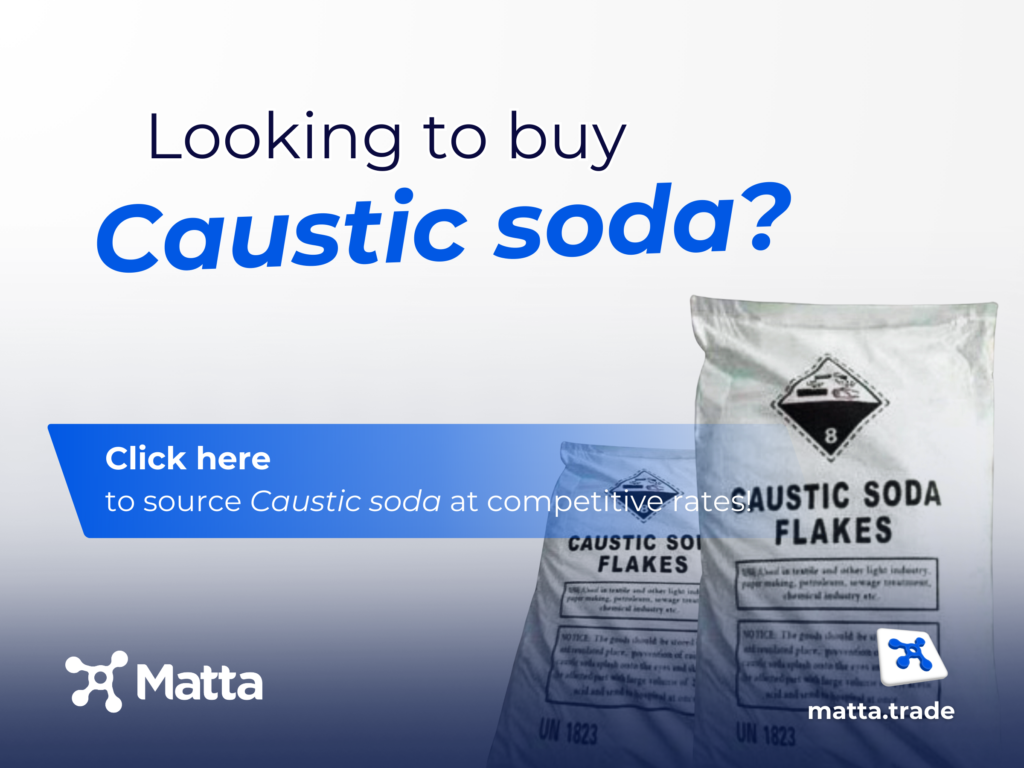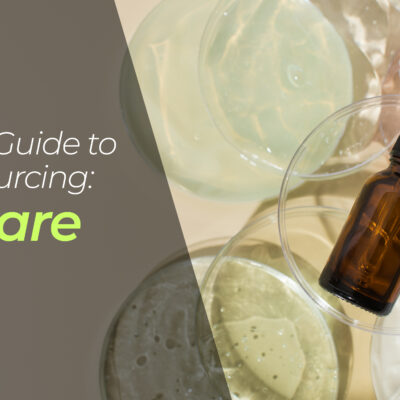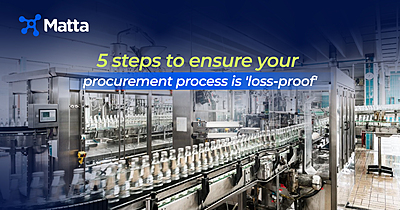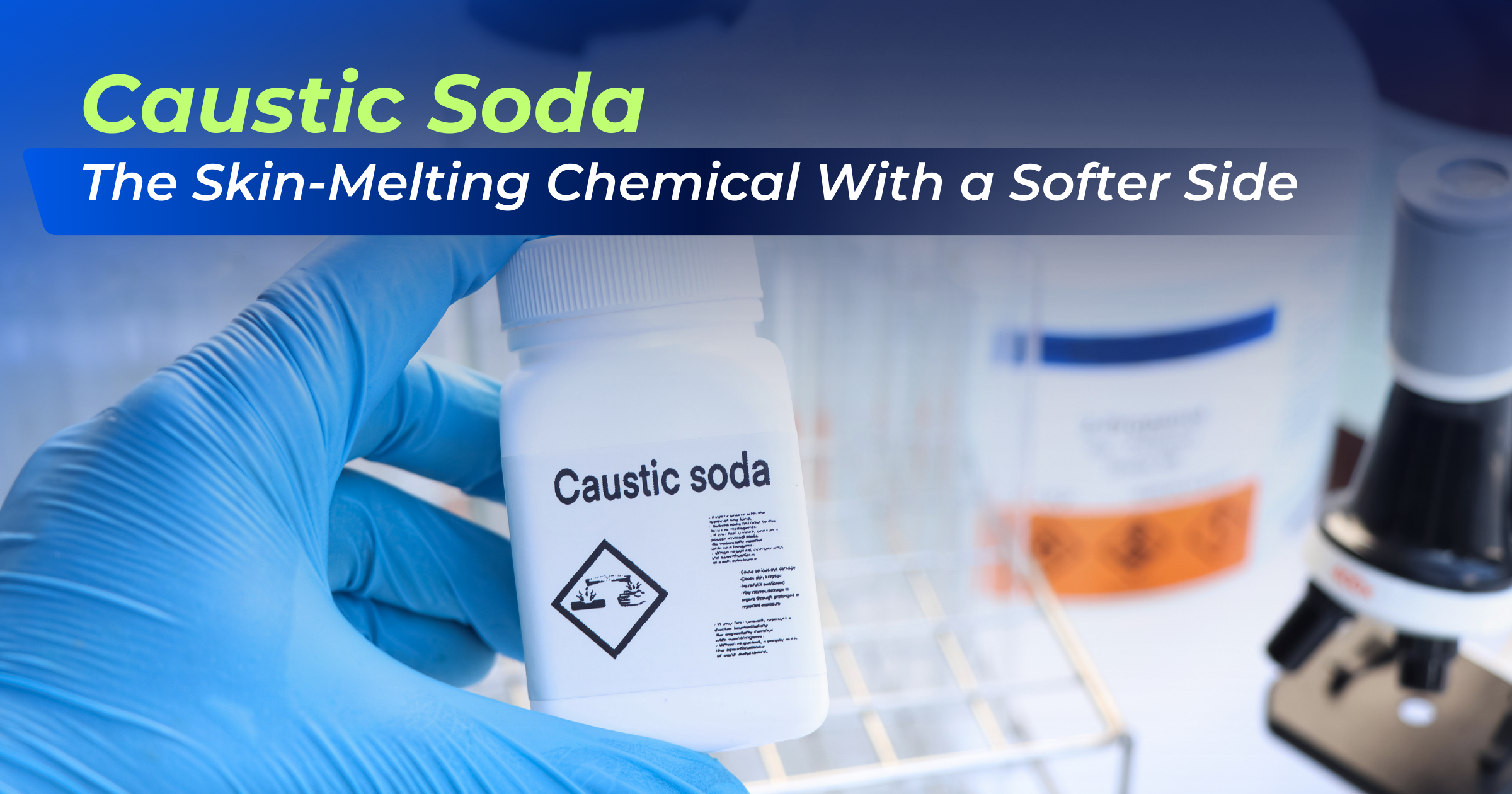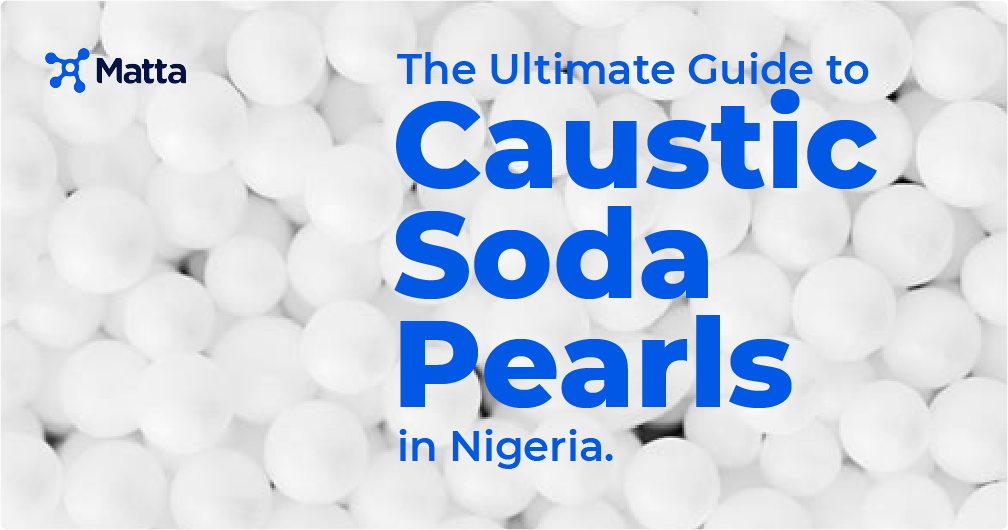
Welcome to the ultimate guide on Caustic Soda Pearls in Nigeria, a resource designed to empower you with in-depth knowledge and insights into this crucial chemical compound.
In this comprehensive guide, we’ll explore all these questions and delve into the history, applications, market dynamics, and challenges of dealing with Caustic Soda Pearls in Nigeria.
As always, we promise not to bore you with the technical jargon, just a simple and detailed analysis and its relevance in today’s interconnected world.
Without further ado, let’s get into it.
What are Caustic Soda Pearls?
Caustic Soda Pearls, or Sodium Hydroxide (NaOH), are tiny, spherical white beads. They are a cornerstone in various industries, from manufacturing to agriculture, and play a pivotal role in the Nigerian economy.
Comprising a robust alkaline compound, these highly acidic pearls can easily corrode organic tissue and certain metals.
Physical Properties
These pearls are solid at room temperature and highly soluble in water, producing an exothermic reaction when dissolved. This makes them valuable in various industrial applications; however, handling them requires adherence to safety guidelines, such as wearing protective gear like gloves and goggles.
To ensure safety and product quality, they must be appropriately stored in a cool, dry place away from acids and other reactive substances.
By understanding the basics of Caustic Soda Pearls, you’re not just adding to your chemical vocabulary but gaining the foundational knowledge to help you make informed decisions in your business ventures.
History of Caustic Soda Pearls: A Journey Through Time
One of the earliest known uses of sodium hydroxide was soap production. As far back as 2800 BCE, the Babylonians combined animal fats with wood ash to create soap primarily used for cleaning wool and cotton in preparation for dyeing and personal hygiene.
Textile and Medicine
During the Middle Ages, sodium hydroxide became crucial in the textile industry, specifically in the process of “fulling,” which involved cleaning and thickening the cloth by pounding it in a mixture of water and sodium hydroxide to create a softer and more robust texture.
Sodium hydroxide was used for various experiments in alchemy, including attempts to turn base metals into gold, which, though largely unsuccessful, paved the way for modern chemistry. Due to its harmful acidic properties, sodium hydroxide was cautiously used in traditional medicine.
Over the years, the manufacturing process of Caustic Soda Pearls has evolved significantly. The introduction of the chloralkali process in the late 19th century was revolutionary, making mass production more efficient and cost-effective.
Applications and Uses: The Many Faces of Caustic Soda Pearls
Today, Caustic Soda Pearls are more versatile than ever, finding applications in many industries due to their adaptability and efficacy.
Manufacturing Industry
They are the unsung heroes of the Nigerian manufacturing world. They are used to produce paper, textiles, and various types of chemicals in the paper industry. They’re used in the pulping and bleaching processes, ensuring the highest quality of the end product.
When it comes to cleaning, they’re crucial in many industrial cleaning agents and detergents, effectively breaking down grease, oils, and other stubborn substances. They are used in petroleum refining to assist in removing acidic contaminants, ensuring the final product meets quality standards.
Caustic Soda Pearls are used to produce personal care items, from soaps to shampoos. They act as a pH adjuster and a saponification agent, contributing to the product’s overall effectiveness.
Food Processing
Yes, you read that correctly—food processing. These pearls are carefully regulated and used to peel fruits and vegetables and to prepare olives and cocoa.
In Nigeria, where access to clean water can be challenging, Caustic Soda Pearls play a vital role in water treatment plants, as they help neutralize acidic water, making it safe for consumption and industrial use.
The Nigerian Context: Navigating the business landscape of Caustic soda pearls in Nigeria
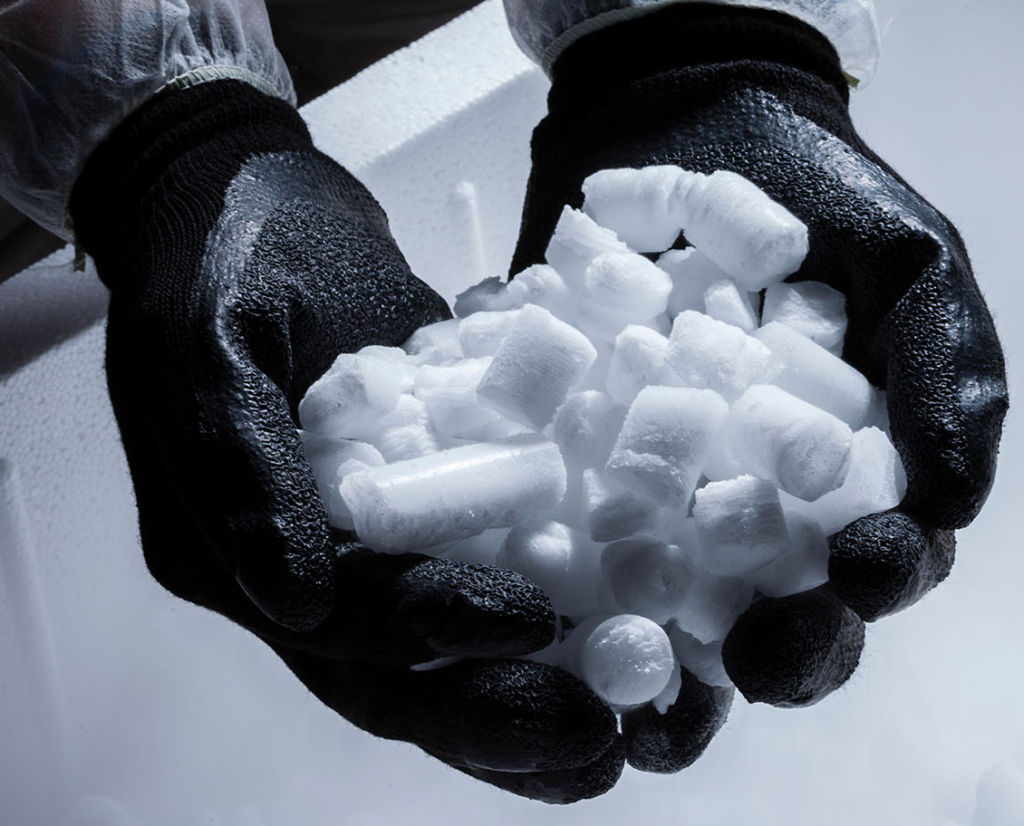
Nigeria’s caustic soda industry has grown substantially, especially in the last few decades with focus on industrialization and local manufacturing. Caustic Soda Pearls have found a fertile ground for expansion, from oil refining to food processing.
The Nigerian economy’s focus on industrialization also influences market size, likely increasing the demand for Caustic Soda Pearls, and contributing to market expansion.
You can get Indexbox’s comprehensive report on the Nigerian caustic soda market for more information.
Although exact figures are elusive, the signs indicate a growing and lucrative Caustic Pearls market in Nigeria by examining the various facets of Caustic Soda Pearls value chain in Nigeria.
The country’s imports of sodium hydroxide primarily come from countries like China, India, and Saudi Arabia, indicating a robust demand. The expansion of companies like Cormart further underscores the market’s growth potential.
Some other factors to consider in a bid to understand the Nigerian caustic soda market include:
Market Segmentation
The market is diverse, catering to various industries such as manufacturing, food processing, and water treatment, with each segment having its unique requirements. Local and international players are heating up the competitive arena.
Cormart is one such company that is expanding its caustic soda business, indicating a bullish market. Smaller manufacturers are also entering the fray, focusing on quality and innovation to carve out their market share.
Market Trends and Value Chain Insights
As companies increasingly adopt eco-friendly production methods and waste management practices, those who embrace sustainability gain a competitive edge.
Regarding customer behaviour, Nigerian buyers are influenced by price, quality, and brand reputation. Companies that leverage this are better positioned to meet market demands using customer insights.
Furthermore, strict adherence to import regulations, safety standards, and environmental guidelines is significant in shaping the market, not only for avoiding penalties but also for building brand trust and credibility.
The Journey from Factory to Market: Supply Chain and Distribution of Caustic Soda Pearls
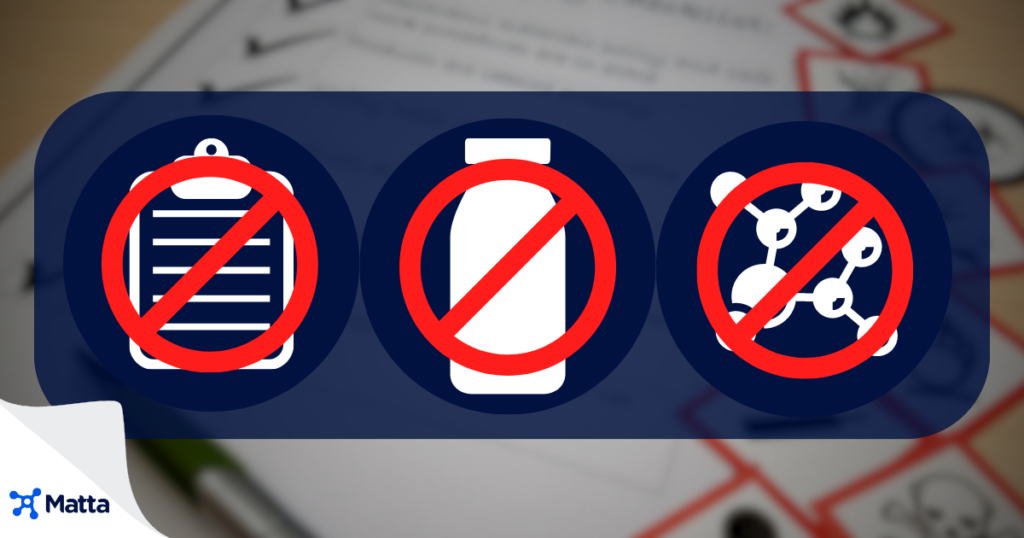
Understanding Caustic Soda Pearls’ supply chain, distribution, and web of processes provides valuable insights into market dynamics.
Raw Material Sourcing
The production of Caustic Soda Pearls starts with sourcing raw materials, primarily sodium chloride (table salt) and water. These building blocks undergo the chloralkali process to produce sodium hydroxide, chlorine, and hydrogen.
Manufacturing Facilities
In Nigeria, several manufacturing facilities are strategically located near raw material sources to focus on producing Caustic Soda Pearls, minimize transportation costs and ensure a steady supply.
Before hitting the market, they undergo rigorous quality control tests to ensure they meet industry standards and are safe for use, meeting the benchmark for excellence.
After production and quality checks, they are distributed through wholesalers, retailers, and direct sales to end users, ranging from Large-scale industries to smaller enterprises. This ensures that these pearls reach even the most remote areas, although infrastructural improvements can be made to enhance efficient distribution.
Challenges in the Nigerian Caustic Soda Pearls Market
Like any other industry, Caustic Soda Pearls’ supply chain faces challenges, including transportation issues, fluctuating raw material prices, and regulatory hurdles. However, effective management and strategic planning can mitigate these challenges.
- Regulatory Hurdles: Import restrictions, safety guidelines, and environmental regulations can create barriers to entry and increase operational costs.
- Supply Chain Complexities: The supply chain involves multiple steps from raw material sourcing to end-user delivery. Disruptions in any part of this chain can have a ripple effect.
- Market Competition: Companies must continually innovate and improve their products to maintain or gain market share, as competition is fierce with the presence of local and international players.
- Economic Fluctuations: Currency devaluation, inflation, and other economic factors can affect supply and demand, creating a volatile market environment.
Despite these challenges, companies have a competitive edge through innovation, eco-friendly production methods, waste management solutions, and technological advancements.
By understanding the challenges and opportunities in the Caustic Soda Pearls market, stakeholders can make informed decisions that contribute to long-term success. It’s not just about navigating obstacles but also about seizing opportunities to innovate and grow.
Conclusion and Future Outlook: The Road Ahead for Caustic Soda Pearls in Nigeria
As we’ve navigated the complexities and applications of the Caustic Soda Pearls market in Nigeria, it is clear that this sector, though challenging, holds promise.
Looking ahead, sustainability and technological advancements will be key growth drivers. Companies that invest in eco-friendly production methods and leverage technology for better supply chain management will likely lead the way.
The market presents numerous investment opportunities, especially for local production, which can contribute to market growth and economic development.
Final Thoughts
As we look to the future, innovations in sustainable production methods and new applications for these Pearls are on the horizon. With the global push towards sustainability, eco-friendly manufacturing techniques are set to play a pivotal role in the industry.
While challenges like regulatory hurdles and economic fluctuations exist, they are stepping stones to market maturity. The opportunities for innovation and expansion far outweigh the obstacles, making Caustic Soda Pearls a sector ripe for growth and investment.
Looking to buy Caustic soda? Click this link to access a wide range of credible suppliers
Thank you for reading. We hope you learned a thing or two.
FAQS.
Are these pearls the same as caustic soda flakes?
No, they aren’t. Pearls are more uniform and easier to handle. In this article, Camachem does a great job of pointing out the differences.
What are caustic soda pearls?
They are small, spherical beads of sodium hydroxide (NaOH).
How are caustic soda pearls produced?
They are produced through the electrolysis of sodium chloride (salt) solution.
What are the primary uses of these pearls?
Some primary uses include cleaning agents, soap production, water treatment, and chemical processing.
How should caustic soda pearls be stored?
In a cool, dry place in airtight containers.
What regulations govern the use of caustic soda pearls in Nigeria?
NAFDAC and SON standards for chemical safety.
